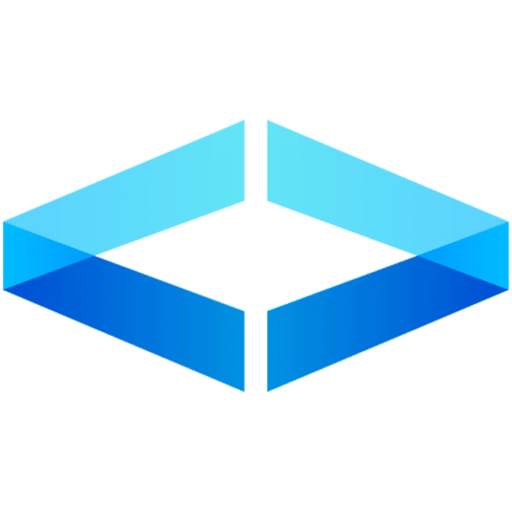AI Isn’t Here for Your Job—But the Person Who Knows How to Use It Might Be
Let’s be clear: Artificial Intelligence or AI isn’t your competitor. But the professional who can wield it with precision—automating processes, boosting output, and delivering results at lightning speed—is already ahead of you. They’re not waiting for permission; they’re acting now, armed with tools like GPT-4, and they’re delivering to leadership before you’ve even opened a blank slide.
This isn’t speculation—it’s reality. And it’s the new competitive battlefield.
Welcome to the Era of Efficiency-Driven Attrition
Across industries, we’re not seeing massive layoffs because of AI—we’re seeing something subtler and more impactful: teams shrinking as productivity soars. The equation is simple—fewer people, same output, faster turnaround, and fewer errors.
This isn’t a dramatic headline; it’s a playbook. The shift isn’t about mass job loss—it’s about fewer seats at the table. AI-powered professionals don’t just complete tasks; they amplify, enhance, and accelerate them. They’re writing code, summarizing meetings, launching campaigns, conducting research, and debugging software—faster than teams once ten times their size.
If you’re still relying on human speed alone, you’re already falling behind.
Capability Has Replaced Titles as Currency
You’re not competing with AI—you’re competing with the person who uses it better than you. They don’t cost more, but they deliver more. They’re not necessarily the most talented—they’re simply the quickest to adapt.
We’ve entered the age of tool fluency. Mastering ChatGPT, GitHub Copilot, Midjourney, or your internal AI assistant is now as critical as knowing how to lead a meeting or write a clear email.
If your edge has been doing repetitive tasks more efficiently than your peers, it’s time to rethink. The best professionals are delegating routine work to machines and using their reclaimed time for high-impact problem-solving.
From Fear to Fluency: Training for the Win
When leaders say, “My team is afraid AI will replace them,” they’re missing the point. The real risk isn’t AI—it’s resisting evolution. The most successful companies of the next decade will equip their teams to collaborate with AI, not compete against it. That means reskilling, upskilling, and fostering a culture where experimentation with tools like Claude, DALL·E, and LLM-powered platforms is standard practice.
At Sonatafy, our AI discovery workshops start with one core question: What’s the most frustrating, time-consuming task your team does today that AI could handle tomorrow?
From there, we build solutions—automating test generation, refactoring code, drafting documentation. These small, targeted wins add up fast. And when they do, fear transforms into excitement.
Scaling Isn’t About Headcount Anymore
More people doesn’t always mean more progress. In the AI era, leverage comes from tools, not titles. Forward-thinking companies are streamlining engineering teams, integrating APIs, and using AI-assisted workflows instead of building everything in-house.
High-performing teams measure their success in speed, innovation, and adaptability—not the number of employees on payroll.
The Proof Is All Around You
This isn’t a “future trend.” It’s happening now. If your company is still debating whether marketing can use ChatGPT, while competitors are launching multilingual campaigns with it in hours, the game’s already over.
Ask Yourself This
- Are you using AI to multiply your productivity?
- Are you actively training teams to work with AI?
- Do you treat AI as a competitive advantage—or just a way to cut costs?
If you can’t confidently say “yes” to all three, the risk isn’t AI—it’s the professionals who’ve already mastered it.
Adapting doesn’t mean becoming an overnight AI expert. It means experimenting, learning, and evolving at the speed of change. That’s the new standard.
The Bottom Line
AI isn’t a threat to your career—but ignoring its potential is. The workforce of tomorrow will reward those who treat AI as a partner, not a rival. It’s the multiplier that turns average contributors into standout performers and helps businesses leap ahead of competitors.
So no, AI isn’t here to take your job. But the person who just automated the task you spend three hours on? They might be.



